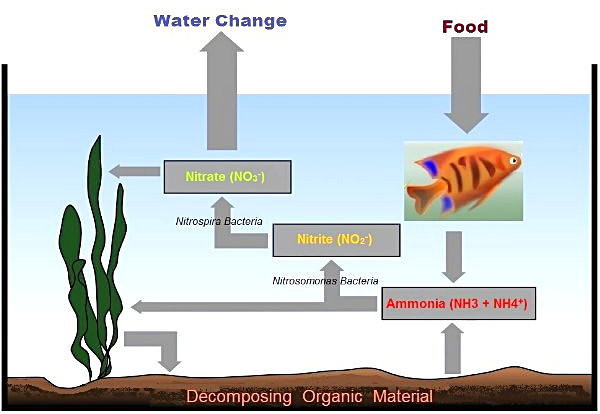Hello, I'm posting again because his symptoms have not improved nor gotten worse. He still moves around the tank periodically, occasionally coming to the top for air, as shown in the video linked in the original post. I was able to get him to eat about four pellets a few days ago, but he has not been interested again since then. He is still lying at the bottom of the tank, breathing heavily. I am very concerned because he's either going to die of starvation or illness soon. I'm not sure how to proceed; I know I can't ignore the problem because he must be suffering. Here's a photo I took about an hour ago:

I would greatly appreciate any advice on what to do next.
I would greatly appreciate any advice on what to do next.


:strip_icc()/Fish-tank-filter-GettyImages-699160159-58ac7a245f9b58a3c93c5890.jpg)



